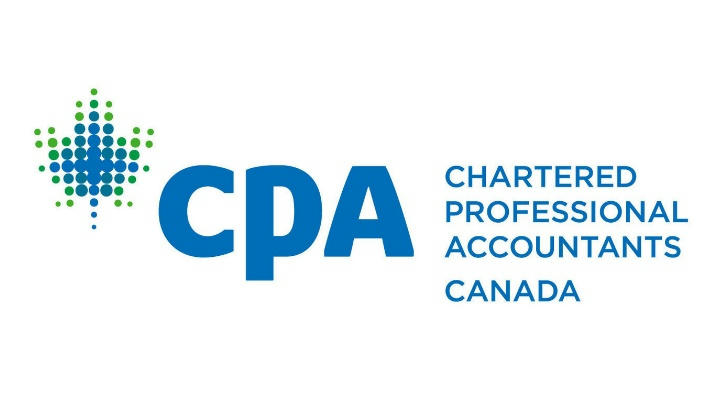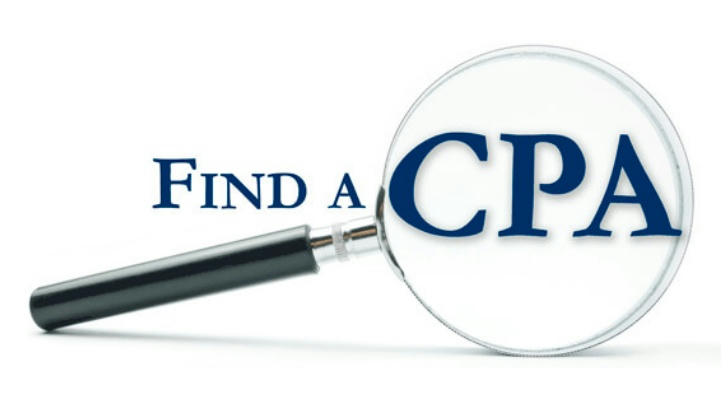No experience? CPA Canada's paid training program: the path to a successful career!
In a fast-changing world, financial expertise and strategic outlook are more important than ever. CPA Canada's paid training program offers flexible courses that are not only the path to becoming a CPA, but also the key to unlimited career possibilities. Whether you are a young person who has just graduated from college or a professional looking to make a transition, these CPA Canada programs are designed to provide you with top-notch training resources, practical opportunities and globally recognized qualifications. Let's learn about the unique charm of these programs and dream about how they can help you achieve your career!
Your future starts here!

Why improve your accounting skills?
1. Career development and employment opportunities
A wider range of job options: Accounting skills are a core demand in many industries, including finance, healthcare, manufacturing and government. Improving skills can make you competent for diverse roles from junior accountants to financial analysts, auditors and even chief financial officers (CFOs).
Career stability: Accounting is a profession with relatively stable economic cycles. Even in a recession, companies still need financial management.
2. Financial rewards
Salary growth: Improving accounting skills directly leads to higher income potential.
Bonuses and benefits: Advanced accounting skills (such as tax optimization or auditing) are often accompanied by performance bonuses or employer-sponsored training.
Long-term rewards: Skill improvement is the accumulation of career capital, increasing the income potential for future promotions and freelance work.
In addition to competitive salaries, many positions also provide comprehensive benefits, including:
✅Health insurance
✅Retirement savings plan (RRSP)
✅Paid vacation
✅Professional development opportunities
✅Work-life balance support
3. Personal ability improvement
Analysis and decision-making skills: Accounting skills cultivate logical thinking and data analysis skills to help you make smart decisions in budgeting, investing or risk management.
Technical proficiency: Learning modern accounting tools (such as QuickBooks, SAP, Excel advanced functions) improves digital competitiveness.
Time management and organization: Accounting work requires dealing with deadlines and multitasking, which improves your efficiency and organization.
4. Industry recognition and personal financial management
Professional certification: Obtaining certifications such as CPA improves social status and industry trust.
Personal finance: Understanding budgeting, investment returns and tax planning can help you optimize your family finances.
Real-life success stories
Case 1: Mary - Small business owner transformed into a professional accountant (Vancouver, British Columbia)
Mary, 40, is a Vancouver coffee shop owner. The 2020 epidemic caused business losses, and she decided to transform into a professional accountant through CPA training. Mary learned about the admission requirements of CPA PEP through CPA British Columbia. She lacked 4 accounting prerequisite courses, so she signed up for CPA PREP in the fall of 2020 and studied courses such as "Managerial Accounting" and "Auditing Fundamentals" online, with a total cost of about 4,800 Canadian dollars. She used WorkBC's vocational training grant and was approved for a grant of 3,000 Canadian dollars.
In 2021, Mary entered the CPA PEP, with each module costing 1,550 Canadian dollars + tax, and a total cost of about 11,000 Canadian dollars. She chose EVR (Experience Verification Path) and found a part-time job at a local accounting firm, earning 25 Canadian dollars per hour, 20 hours a week, and studying while working. In 2022, she completed 4 modules and Capstone 1. In September 2023, she passed the CFE and became a CPA. In 2024, Mary joined the firm full-time, with an annual salary of 70,000 Canadian dollars and a 15% increase in coffee shop profits. She said with emotion: "CPA training has turned me from a layman to an expert. It not only saved my business, but also opened a new career."

Case 2: Amir - CPA Counterattack of New Immigrants (Calgary, Alberta)
Amir, 35 years old, immigrated to Calgary from India in 2021. He has Indian Chartered Accountant (ICAI) qualification and 5 years of auditing experience. Amir contacted CPA Alberta to submit an international qualifications assessment (cost 510 Canadian dollars). Because ICAI has a mutual recognition agreement with CPA Canada, he was exempted from CPA PREP and some CPA PEP modules, but still had to complete Capstone 1, Capstone 2 and CFE, with a total cost of about 5,000 Canadian dollars. He applied for funding through Alberta Works and was approved for a 2,500 Canadian dollar tuition waiver.
In 2022, Amir found a PPR position at a medium-sized company in Calgary with an annual salary of 55,000 Canadian dollars and began studying for the CPA PEP capstone module. He used online courses and invested 10 hours a week while accumulating practical experience. In 2023, he took the CFE and demonstrated excellent international experience in the three-day exam. In early 2024, Amir obtained the CPA certification and was promoted to a senior auditor by the company with an annual salary of 80,000 Canadian dollars. He also plans to open his own firm in the future, saying, "The CPA has allowed me to reinvent my career in Canada and proved the value of hard work."
CPA Canada Training Programs
1. CPA Professional Education Program (CPA PEP)
A two-year, part-time, graduate-level program designed to prepare candidates for the CPA designation. It consists of six modules: Core 1, Core 2, two electives, Capstone 1, and Capstone 2, culminating in a Common Final Exam (CFE). It is administered nationally by CPA Canada but delivered regionally by organizations such as CPA Western School of Business (CPAWSB) or CPA Ontario. The CPA PEP itself is not paid; candidates typically work full-time during their studies and rely on employment income. However, some employers (e.g., PwC, KPMG, RBC) offer pre-approved CPA programs that include paid work experience and financial support.
2. CPA Preparatory Program (CPA PREP)
For individuals who lack the prerequisites for the CPA PEP (e.g., no 120-credit undergraduate degree or specific accounting courses). It consists of 14 self-study courses covering areas such as financial reporting, taxation, and auditing. It is offered through provincial institutions and is accessible through the Brightspace (D2L) platform.
3. Practical Experience Requirement (PER)
Mandatory 30 months of relevant paid employment in the accounting or finance field under the supervision of a CPA mentor. Candidates can pursue:
Pre-Approved Program Route (PPR): Structured position offered by an employer approved by CPA Canada (e.g., RBC, KPMG).
Experience Verification Route (EVR): Flexible employment verified by a CPA institution.
This is inherently paid because it involves full-time employment. Salaries vary by position and region.
What you will learn at CPA Canada
✅ Excel Mastery: Perfect your Excel skills, an essential tool for any accounting role.
✅ Basic Accounting and Bookkeeping: Build a solid foundation in key accounting principles.
✅ Artificial Intelligence and Big Data in Accounting: Learn how emerging technologies are changing the industry.

CPA Canada’s paid training programs are not only about skills enhancement, but also a turning point in your career. From the in-depth learning of CPA PEP, to the flexible preparation of CPA PREP, to the paid accumulation of practice, every step paves the way for your success. Whether your goal is to become a financial executive, an entrepreneur, or an international expert, CPA Canada will help you achieve your dream. Take the first step now and join this elite global profession!
